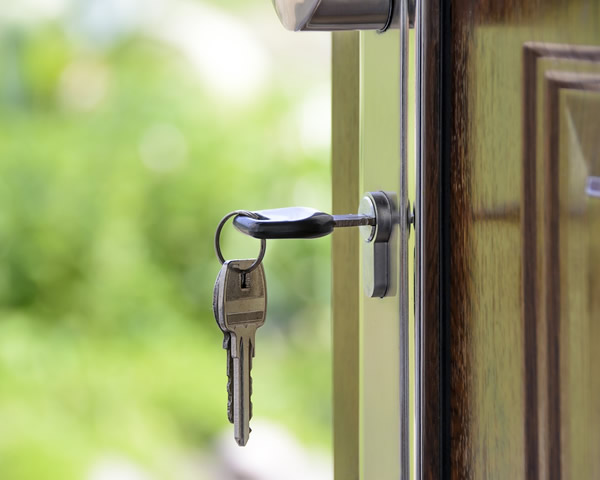For those who are frequently on the move, either due to work commitments or even just for leisure, the art of renting a house is always a normal practice for them if not a culture. But to those who are not in the market for a mortgage, this practice is always a major boost. It is crystal clear that the majority of these people do not always do the adequate research necessary for providing vital and critical information about their new-found temporary homes.
Fortunately for those who are in the search for a home mortgage, there are always home loans providers who are always willing to offer a helping hand. It is evident however that these services always come at a fee, which is the interest rates. You can further make good use of the home loans by simply exploiting other options existing in it such as home refinance and home refinance rates, and these special services enable you to pay back your loan, at a slightly lower interest rates than the previous one.
Therefore, before deciding to switch to your new apartment, it is very important to greatly consider the factors listed below, and especially if you aren’t the one in the market for a mortgage.
1. Plan wisely on your budgeting
The question you need to ask yourself before making any move is whether you are in a good condition to cater for your rental. Research has it that renters splash less than 30% of their monthly earnings on rent. You should, therefore, be able to know how much you will require in order to comfortably pay your rent without compromising other areas of expenses, such as fees, daily transport costs, food, lifestyle expenses and other priorities you may have.
2. Comprehend the lease document
It is highly recommended that before laying your hands on the document in the name of signing, try your level best to at understand every bit and part of the lease document. As a general rule, the lease must clearly define the deposit security terms, the amount you are as the paying rent and even whether there is the provision of a grace period. It is also your duty as a tenant to keep in mind the dates when your apartment is being repaired, this is very important as it would to a larger extent prevent the potential violation of your privacy. All the agreements must be in written form, bearing in mind that oral promises always prove difficult to put into practice.

Source: Pixabay
3. Negotiate fully the terms of repair
It should be clearly established the repairs that will be under your responsibility and those that will be handled by the landlord himself.The landlord of yours is tasked with the responsibility of providing electricity that is reliable and adequate, clean, safe and adequate water and heat. Your expectation for him to replace and repair damaged items due to tear and wear is also valid.You should treat the walls with very much care, together with the windows for if they are damaged, you should wholeheartedly be prepared to pay.
4. Be friendly and open with your landlord
Many times tenants get into trouble with their respective landlords because of poor communication, coupled together with an unfriendly relationship. Try as much as possible to ensure that communication between you and your landlord is very open and positive.This will give the opportunity to express any problems you may encounter comfortably.
5. Track down changes to the rental
Keep a track of the status of the rental before you personally move in. You can do this by taking photos of it. Again, discuss in detail all the damages that exist with the landlord, so that you are not primarily held accountable for them when you eventually vacate the apartment. Put down all the changes you perform on the unit as well. It is again advisable that you don’t just commence any modification projects such as painting without the written approval by the landlord.
6. Get to know the environment
As a newcomer, do your best to understand and know the apartment area itself. The safety measures are an important aspect of it, and therefore, make sure that your landlord caters for that he/she is responsible for and confirm that in fact, they are well taken care of in the lease.
7. Get insurance cover in renters
Certain leases require tenants to have a renters insurance. The terms and policies are very much affordable and normally offer massive protection in instances where your apartment is attacked and robbed, you are injured or even someone else is fatally injured in your apartment. This renters insurance in most cases will cater for those things that your landlord’s insurance cover cannot cater for. Though home loans can also aid you greatly in repairing the damaged components which you are responsible for, as per the lease document between you and your landlord, it cannot be compared to the rental insurance, a scenario where you’ll generally contribute no personal expenses out of your pocket.
Sourced from: She Knows
Featured Image: Pixabay




